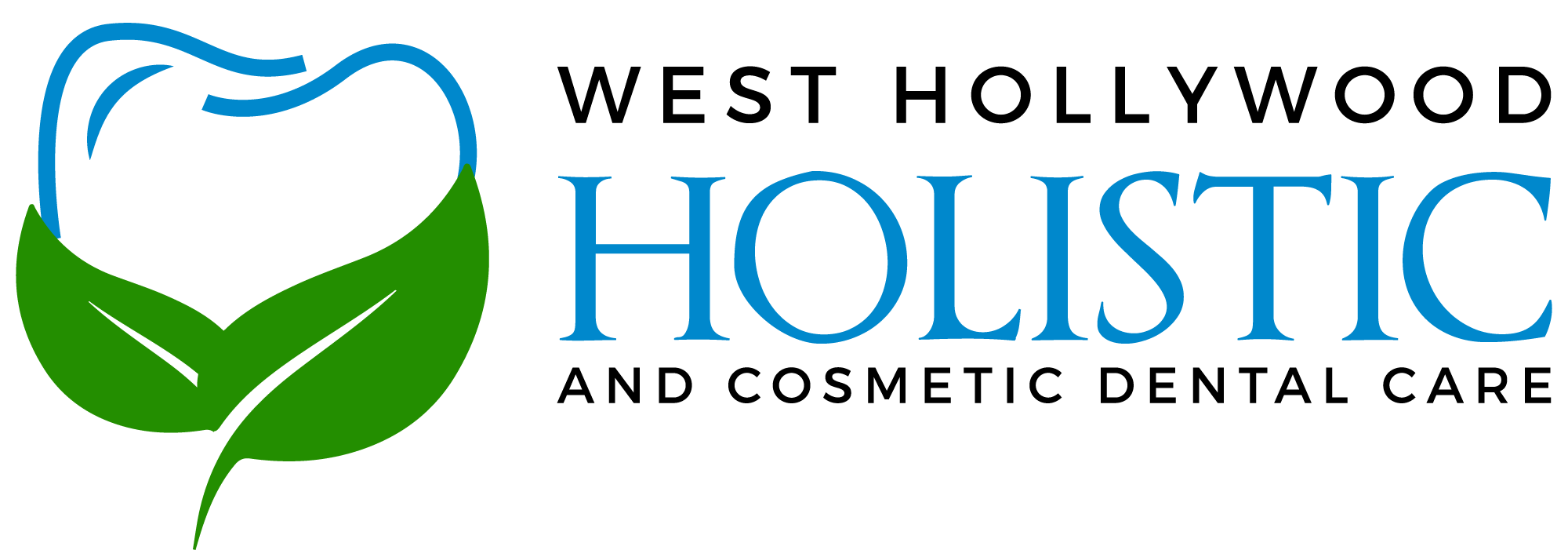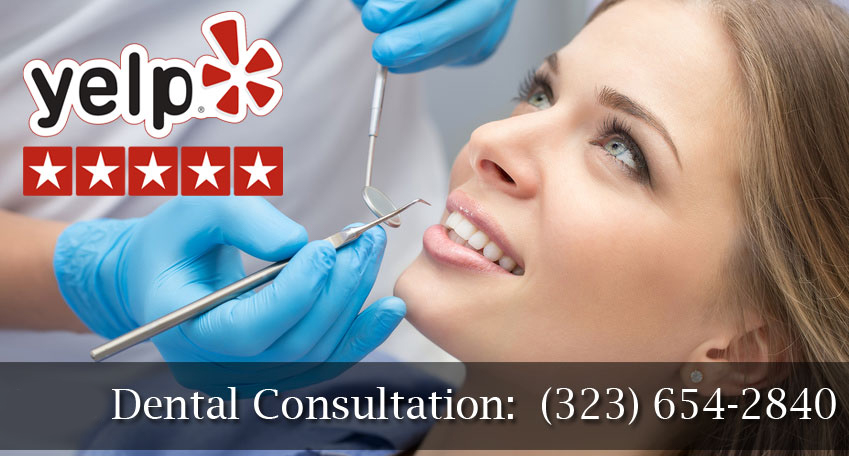Dental issues are common, and most of them are easy to prevent, treat, or manage. However, sometimes you might find yourself with several dental issues that require you to have a full mouth rehabilitation.
This procedure helps restore, rebuild, or replace all or some of your teeth in the lower and upper jaw.
Who Is A Good Candidate?
Some dental issues develop due to bad oral hygiene, trauma, or congenital disabilities and require extensive dental procedures to fix. Candidates for a full mouth rehabilitation have problems like:
- Chipped, broken, or cracked teeth.
- Missing teeth.
- Severe discoloration.
- Tooth decay and cavities.
- Loss of tooth enamel.
- Gum disease.
- Temporomandibular joint disorder.
A full mouth rehabilitation helps restore your mouth’s health, beauty, and function. It also helps restore the shape of your face, especially if it involves treating lost teeth.
Full Mouth Rehabilitation Procedure
If you have several of the above conditions and require extensive dental work, the first thing is to schedule an appointment at West Hollywood Holistic and Cosmetic Dental Care. During the appointment, you and the dentist will discuss your current issues, goals, and concerns.
Secondly, your dentist will ask about your health history, medical history, and current lifestyle. That includes medicines you are currently taking, whether you some or drink, current physical issues, anxieties, and fears.
After that, the dentist will physically examine your teeth, jaw, gums, and facial features. That helps the dentist detect all your issues, their extent, and possible corrections. Some of the things they look at include:
- Teeth condition- Whether there are any cracks, chips, broken teeth, decay, cavities, missing teeth, or extreme wear and tear.
- Condition of your periodontal (gum) tissues- Are there any signs of gum disease like excessive pockets? Is there too much or too little gum tissue?
- Your bite- Do you experience any pain when you chew or close your mouth? Does your bite contribute to excess damage or wear and tear to your teeth? Are there any other problems with the way your teeth fit, jaw muscles, or temporomandibular joint?
- Teeth appearance- Are your teeth uniform in terms of size, shape, and color? How do they align in relation to your facial features, lips, gums, and mouth?
In addition to the physical exam, the dentist will take records of your mouth via X-rays, teeth impressions, and photographs from different angles. The x-rays and impressions help the dentist see any structures and issues challenging to see during the examination.
The photos help them see how the issues have affected your facial features. They also make it easy for a before and after comparison.
Next, the dentist will create a digital design of your current teeth position and condition and compare what they will look after the treatment. The dentist will then create a 3-D model of the expected results using digital scanning technology.
They might let you try on the provisional restorations to better understand how they look and feel. The try-on is essential because it allows you to give feedback about any refinements or improvements you would want. This way, the treatment has a higher chance of meeting your treatment goals.
Based on the goals of all the examinations, the dentist comes up with a suitable treatment plan. They explain the combinations of procedures and treatment you require and give you a chance to ask any questions.
The dentist also explains the estimated time it will take and the order in which you will have the procedures. One of the most important questions you should ask is the cost of the whole procedure.
Treatments Involved In Full Mouth Reconstruction
Dental Implants
This is an effective treatment for missing teeth. The dentist inserts a titanium screw in the jaw, which acts as the new root for a new artificial tooth. If you don’t have enough jaw bone structure, the dentist will recommend a bone graft before the implant.
Bridges
These are an excellent alternative to dental implants, especially when replacing several missing teeth in a row. The dentist uses the teeth on both sides of the gap to support the artificial teeth. Sometimes, if you have a lot of missing teeth, our dentists might suggest having an implanted-supported bridge.
This involves having an implant installed on either side of the gap to act as the teeth supporting the bridge.
Dentures
This is another more affordable option to replace missing teeth. Most dentures are used if you have six or more missing teeth in a row. They are artificial teeth created to match your natural teeth color, shape, and size attached to a metal arch.
If you have all your teeth on either jaw missing, a complete permanent denture is the best option. However, you can also get partial removable dentures for several missing teeth.
The number and position of your teeth affect the stability and comfort of the dentures. To improve that, the dentist can also suggest implant-supported dentures.
Dental Crowns
Crowns are suitable for teeth with big fillings or if you have had a root canal. It also helps worn out, fractures, misshapen, or severely discolored teeth. They are all-metal, all-ceramic, or porcelain fused to metal.
Veneers
Veneers are a good treatment option for severely discolored, misshapen, chipped, or cracked teeth. They are thin porcelain shells made to match the color and shape of your teeth, which the dentist bonds to the external surface of your teeth.
Dental Extractions
We might recommend teeth extraction if you have severely damaged teeth that we can’t fix. This can be a result of excessive fractures, cavities, or decay.
Fillings
These help restore the appearance and functionality of damaged teeth because of decays and cavities. In addition, they help prevent further damage.
Teeth Straightening
Crooked teeth affect your speech, chewing, facial appearance, and gum health. Our dentists use the best and most effective techniques to help realign them to a natural alignment that matches your gum.
Gum Disease Treatment
Scaling and root planning is a treatment that helps remove the tartar and plaque buildup below your gum line. It also helps smooth your teeth and roots, encouraging your gums and teeth to attach and prevent future buildup and bacteria growth.
Other advanced gum treatments include flap surgery, soft tissue graft, and bone grafting.
Root Canal Therapy
Our dentists will recommend this treatment under several circumstances. One of the most common is if you experience sensitivity after eating cold and hot drinks. It’s also appropriate if you experience pain when chewing due to abscessed teeth, deep cavities, or trauma.
TMJ Disorder Treatment
TMJ disorder occurs when you injure the nerves and muscles around the joint that connects your jawbone to the skull. This happens due to excessive teeth grinding, chewing gum, poor posture, or stress.
We have dentists specializing in TMJ disorders who might recommend anti-inflammatory medications, relaxation techniques, or gentle massage.
Onlays and Inlays
These are prescribed to help restore the integrity of your teeth while maintaining their natural appearance. Dentists use them to correct excessively decayed or damaged teeth. Inlays and Onlays are made of ceramic, gold, or composite resin.
We place inlays on the bumps of the biting surface and onlays on one or several damaged cusps of your teeth.
Deep Cleanings
Regular brushing and flossing help clean the majority of food particles. However, plaque and tartar will build up over time, causing discoloration or cavities. We use the best equipment to remove all buildup during a deep clean. We also do teeth whitening, which helps restore the pearly white look of your teeth.
How Long Does A Full Mouth Rehabilitation Take?
Different patients have different timelines depending on the number and severity of the issues, plus required procedures. The whole process might take months or even years.
We recommend spreading out the treatment to ensure our patients fully recover from previous procedures. The procedure can also be costly, but spreading it over a long period helps manage a payment plan.
Full Mouth Rehabilitation Cost
Like the timeline, prices also differ depending on the number of procedures and severity of the issues. However, it could cost from $30,000 to $45,000 or even more.
Depending on your diagnosis plus treatment plan, your dental insurance might help pay for some costs. However, you need to look at what it pays for first. Alternatively, you can ease your burden by asking about a payment plan from the dentist that matches your financial situation.
How to Find Good Full Mouth Rehabilitation Center
- Look at their credentials, certificates, permits, and license.
- Consider their experience.
- Ask about the procedures they perform.
- Read customer reviews and look at their online ratings.
- Look at the condition of their clinic and equipment.
- Ask for referrals from friends and family.
Contact Us
For the best full mouth rehabilitation results in West Hollywood, CA, West Hollywood Holistic and Cosmetic Dental Care is the place to visit. We have a highly trained and skilled team who will ensure you are comfortable throughout the procedures.
After examining you, we take you through all the treatment steps and coordinate them in a way that meets your goal, budget, and schedule.
We understand how costly and complicated it can be to work with different specialists for different procedures. Therefore, we have all specialists under one roof, making it easier for follow-ups.
To get an appointment, fill out the contact form on our website, and we will get in touch during working hours. Alternatively, you can call us from 8:30 am to 6:00 pm from Monday to Friday, and from 9:00 am to 3:00 pm on Saturday.





